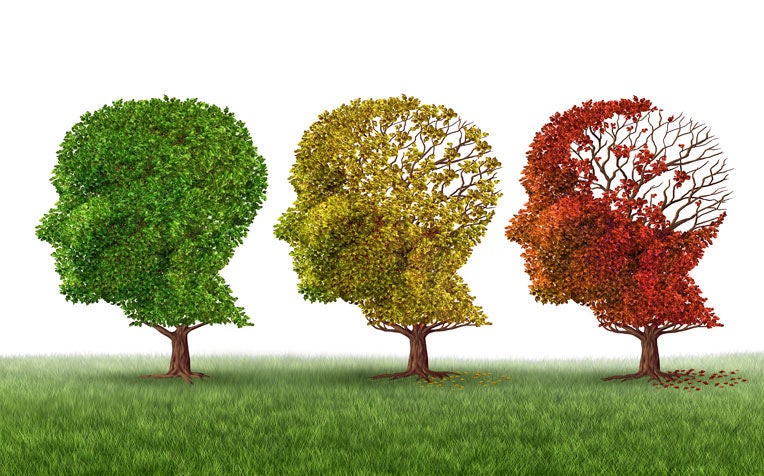HealthXchange will NEVER ask you to transfer money over a call. If in doubt, call the 24/7 ScamShield helpline at 1799, or visit the ScamShield website at www.scamshield.gov.sg.
Non-English translations are machine-generated; verify independently for
potential
inaccuracies.
Let us help you find what you're looking for.
Popular Searches
4 Major Causes of Young Onset Dementia

Dementia is a multi-faceted disease.
These four types of dementia are among the major causes of young onset dementia (YOD). Symptoms and treatments vary according to the brain disease causing YOD.
Four major causes of Young onset Dementia
Alzheimer’s disease
Most common cause of YOD (one third of patients)
- Symptoms: predominantly memory difficulties
- From onset of symptoms to death: about 10 years
- Currently available treatment offers only symptomatic relief (no cure)
Vascular dementia
Second most common cause of YOD
- Symptoms: problems with executive functions such as planning, sequencing and judgement
- Treatable if diagnosed early
- Caused by stroke (which may be silent, without physical symp- Dealing with a multi-faceted disease toms) brought on by chronic diseases such as diabetes, high blood pressure and high cholesterol
- Usually not picked up at home until symptoms have worsened
- Treatment is aimed at preventing another stroke
Fronto-temporal dementia
Third most common cause of YOD
- Symptoms: changes in behaviour (personality changes, disinhibition, food obsessions) or language (word-finding difficulty, wrong word use)
- Most aggressive form of YOD – may progress from word finding difficulty to becoming mute in three years
- From onset of symptoms to death: about seven years
- Associated with the existence of family members who exhibit atypical behaviours, e.g. alcoholism, criminal behaviour
- Treatment offers only symptomatic relief (no cure)
Auto-immune dementia
Seen in about 10 per cent of patients with YOD , less often seen in older people
- Symptoms: fluctuating changes in behaviour and executive functions (some days may be good, some bad), unlike other dementias which progressively deteriorate over time; may manifest with tremors, involuntary jerky movements, and slowness of movement
- Treatment with steroids or immunosuppressants should be started only when diagnosis is confirmed. Patient may be completely cured if the disease is caught early and damage to the brain is minimal
Ref. Q15
Contributed by
Related Articles
Public Events
28 Feb 2026
Webinar
Surgery for Failing Valves
Free
Learn More
02 - 03 Mar 2026
Courses
Variant Effect Prediction Training Course
From $200
Learn More
02 Mar 2026
Talks
Health Talk: Osteoporosis Management @ SHP-Outram
Free, no registration required. Please walk in to clinic at specified date and time.
Learn More
03 Mar 2026
Talks
Health Talk: How to Eat Healthier during Hari Raya @ SHP-Bukit Merah
Free, no registration required. Please walk in to clinic at specified date and time.
Learn More
Tags
Get the Health Buddy App
© 2025 SingHealth Group. All Rights Reserved.


















 Get it on Google Play
Get it on Google Play